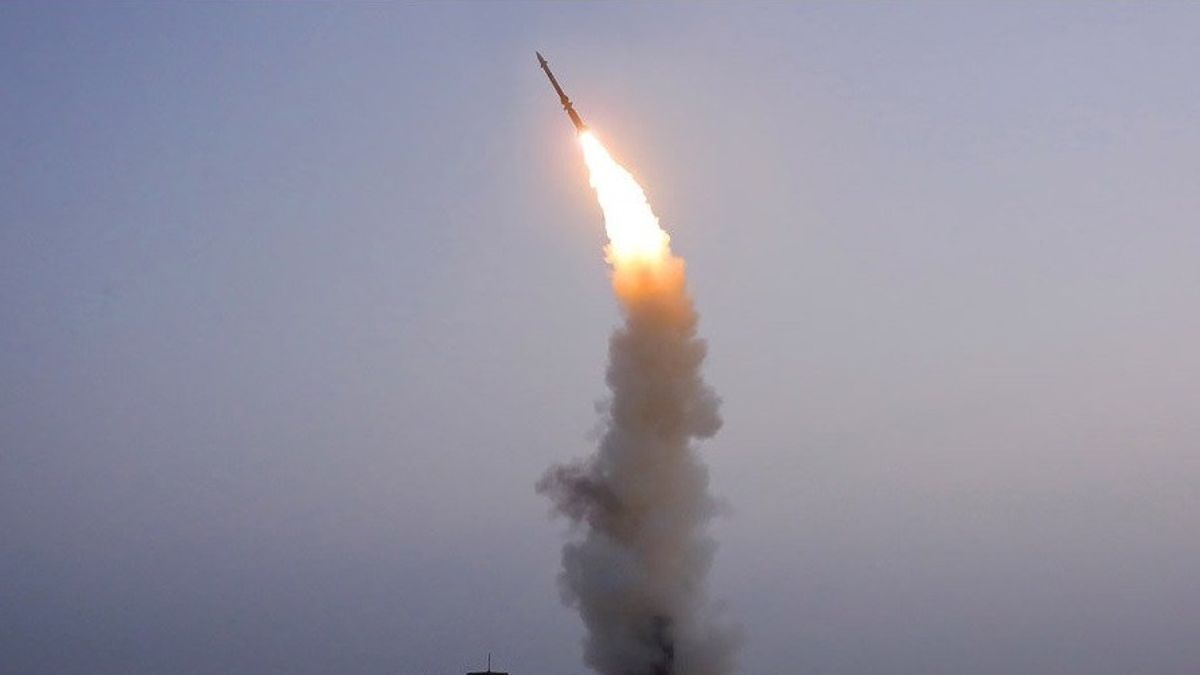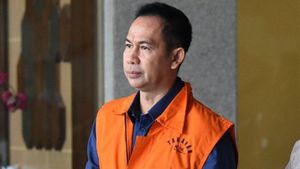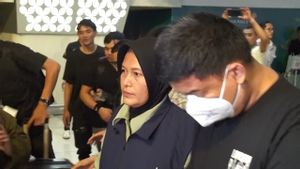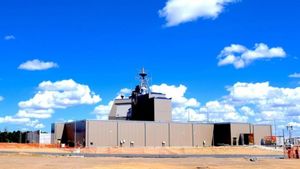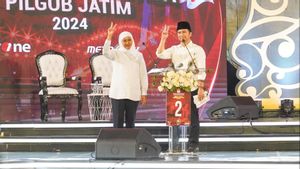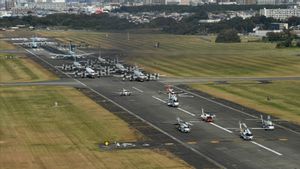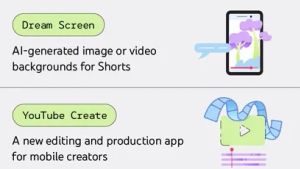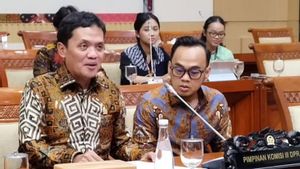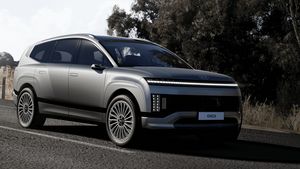JAKARTA - North Korea fired a newly developed anti-aircraft missile on Thursday, state media KCNA reported on Friday, the country's latest missile test in recent weeks.
The test was also the second so far this week by North Korea, following Tuesday's test-launch of a hypersonic missile it is currently developing.
Previously, Pyongyang had successively test-fired ballistic missiles and cruise missiles with potential nuclear capability, in a series of tests carried out in recent weeks.
The test highlights how North Korea continues to develop increasingly sophisticated weapons, raising the stakes for efforts to pressure it to give up its nuclear and missile programs in exchange for relief from US sanctions.
The Academy of Defense Sciences, a military weapons developer, said the test was aimed at confirming the practical functionality of the missile launcher, radar, comprehensive combat command vehicle and combat performance, according to the official KCNA news agency.
The statement added that the anti-aircraft missile has new key technologies such as twin steering control and dual impulse flight engines.
Just like the recent test run, North Korean leader Kim Jong-un did not attend the test this time. Instead, senior official and member of the politburo and the ruling Workers' Party Central Committee Pak Jong-chon oversaw the launch.
"The outstanding combat performance of the new type of anti-aircraft missile with the features of fast response and accuracy of missile control system guidance, as well as a substantial increase in the range of falling air targets have been verified," KCNA said, citing the academy.
Pyongyang has in recent weeks argued its weapons tests were meant to boost self-defense capabilities as other countries have done, accusing the United States and South Korea of double standards and hostile policies against it.
On Wednesday, Kim Jong-un said he had no reason to attack South Korea and was willing to reopen a cut off inter-Korean hotline next month. At the same time, criticism has been leveled at the administration of US President Joe Biden for using more cunning means and methods in pursuing hostile policies while proposing dialogue.
Analysts say the North's stick and carrot approach is aimed at securing international recognition as a nuclear weapons state and fostering a wedge between the two allies, taking into account South Korean President Moon Jae-in's desire for a diplomatic legacy before his term ends. in May.
Meanwhile, President Biden's administration has said it has no hostile intentions towards North Korea, asking Pyongyang to accept an offer of talks to break the deadlock in denuclearization negotiations.
The English, Chinese, Japanese, Arabic, and French versions are automatically generated by the AI. So there may still be inaccuracies in translating, please always see Indonesian as our main language. (system supported by DigitalSiber.id)
